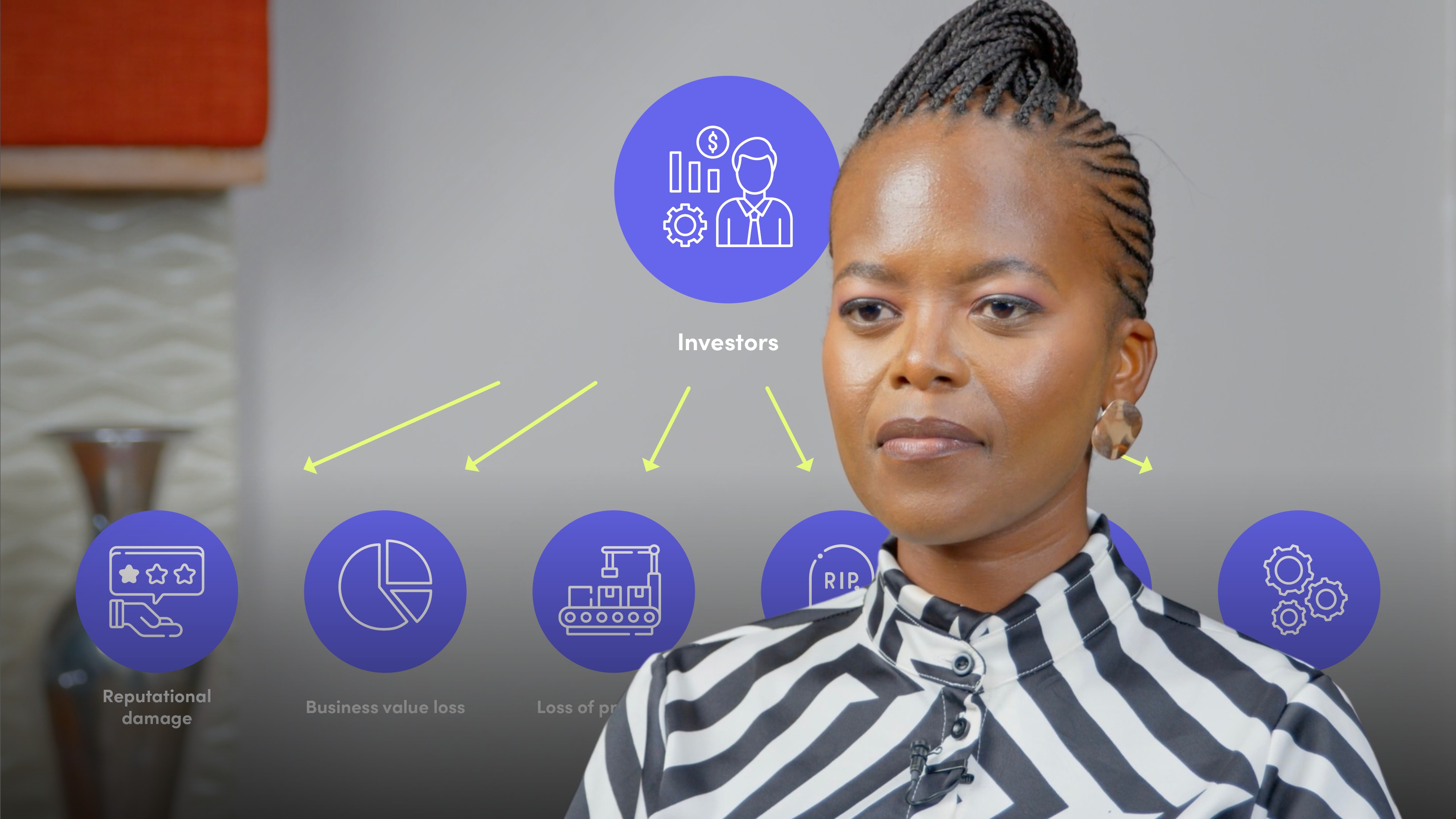Stakeholder
In a corporate context, stakeholders are any and all parties involved in and affected by the actions of a company. Stakeholders include management, employees, shareholders, customers, suppliers and governments but also the communities in which companies operate and society as a whole. Stakeholder capitalism is built on the idea that companies do not exist purely to drive profits, increase management bonuses and maximise shareholder value. It holds that companies also have a duty to act responsibly and ethically and in a sustainable manner so as to create long-term value to society. And by taking action to reduce their carbon footprints, companies have a duty to act in the interests not just of their local communities but the world at-large.































